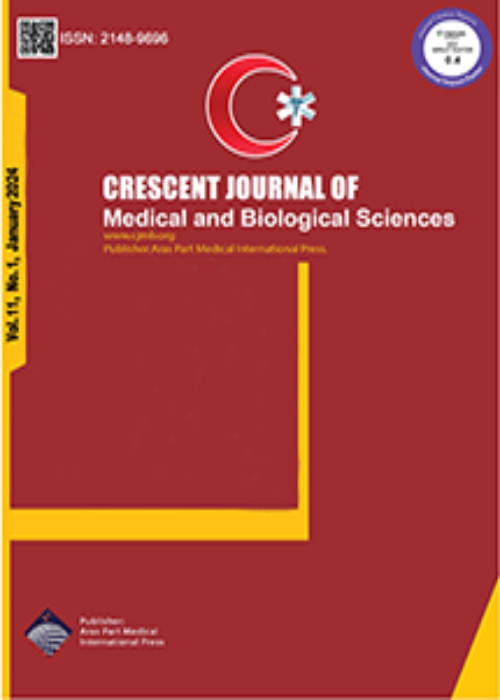Design and Validation of a Diagnostic Tool for Distinguishing Temperament of Brain (Mizaj-e Demagh) in Iranian Traditional Medicine
Abstract
Mizaj (temperament) refers to a concept in Persian medicine and is the basis for defining health and disease. Brain, as the most important organ of the body (Aza-e-raeiseh), controls vital functions. So far, no standardized questionnaire has been designed for distinguishing temperament in Persian medicine. Therefore, the aim of this study was to provide a reliable objective self-report questionnaire and a standardized diagnostic checklist for Mizaj identification via determining their reliability and validity in Persian medicine.
This was an exploratory sequential study in which we designed a 121-item questionnaire, and a 20-item checklist as an item pool using Mizaj-related indices searched in Persian medicine references. The number of items for questionnaire and checklist finally reached 35 and 12 after qualitative and quantitative assessments (e.g., content and face validities). The test-retest reliability of each question of the questionnaire and checklist and their consistency were evaluated by participation based on the weighted and Fleiss’ kappa statistics, and intraclass correlation coefficient (ICC). The final version of the questionnaire and checklist were divided into two subscales (i.e., warm/cold and wet/dry), and the minimum and maximum scores were determined.
Significant findings of our data showed that the weighted and Fleiss’ kappa coefficients of the 35-item questionnaire (between 0.4 and 0.9) and 12-item checklist (between 0.4 and 0.8) were found in the study based on their reliability. The degree of reliability in the self-report questionnaire was assessed using weighted kappa (WK), where 6 items of the questionnaire were omitted due to a WK less than 0.6 and the number of items reached 35. While 2 items of the checklist with Fleiss’ kappa (FK) <0.2 were omitted and the number of items reached 12 items. WK coefficients of the 35-item questionnaire (between 0.4 and 0.9) and 12-item checklist (between 0.4 and 0.8) were found in the study, suggesting their reliability. The highest WK was found to be linked to sleep, and psychic and physical functions, suggesting the appropriateness of questions/items and design. The calculated ICC of the two stages for the warm/cold and wet/dry subscales of 35-item questionnaire was determined as 0.92 and 0.91, respectively, showing the stability of total score. ICC of the final score for the warm/cold subscale of the 35-item questionnaire was 0.88 (0.86 to 0.96), while this value was 0.91 for the wet/dry subscale (0.83 to 0.95).
The present questionnaire and checklist were validated in terms of the design, reliability, and validity of a standard Mizaj determination questionnaire and checklist. The final questionnaire and checklist may be capable of distinguishing Mizaj of brain at the clinical and research levels for Persian medicine practitioners.
- حق عضویت دریافتی صرف حمایت از نشریات عضو و نگهداری، تکمیل و توسعه مگیران میشود.
- پرداخت حق اشتراک و دانلود مقالات اجازه بازنشر آن در سایر رسانههای چاپی و دیجیتال را به کاربر نمیدهد.



